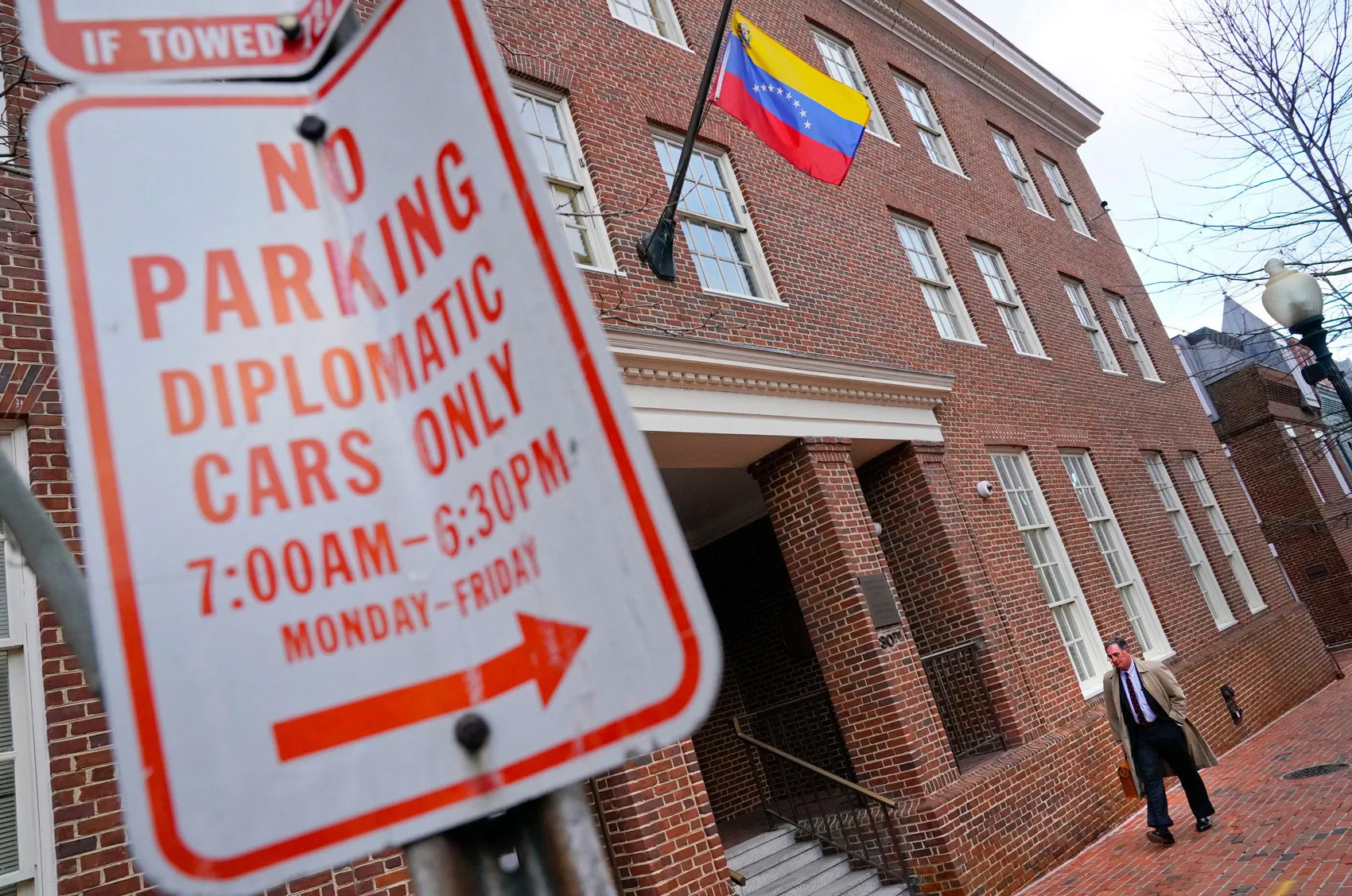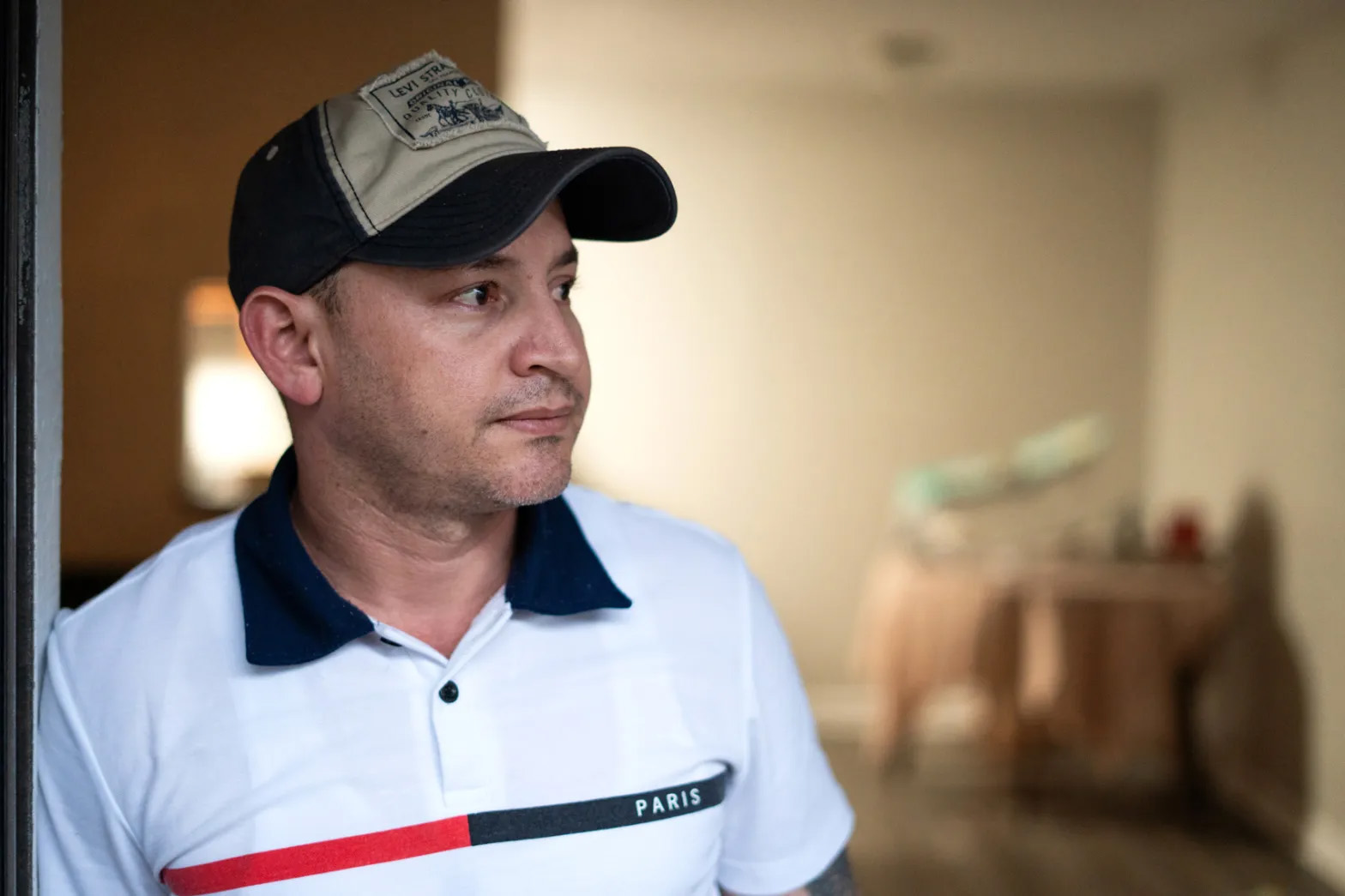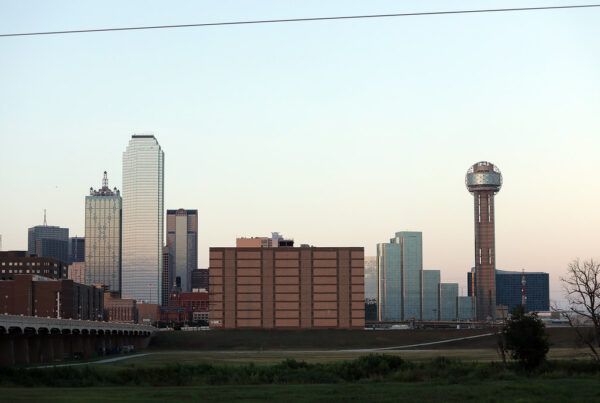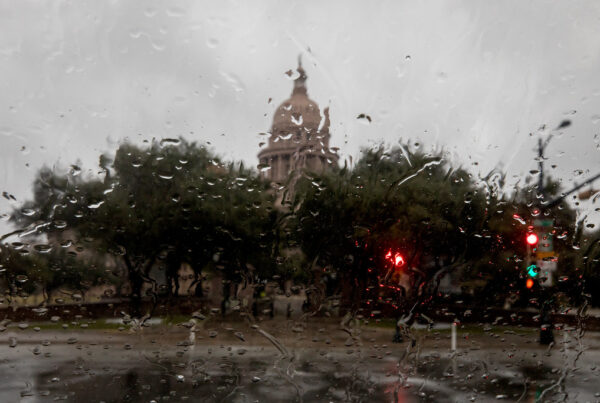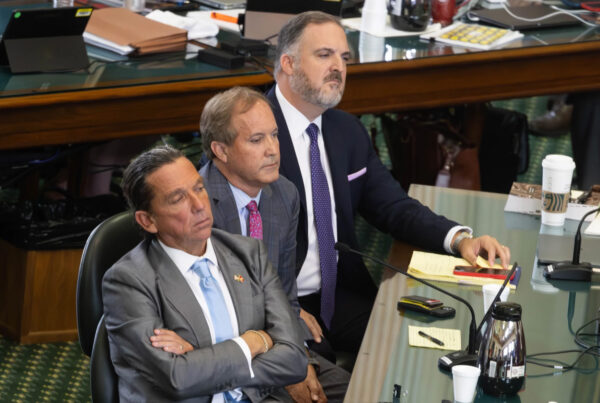From the Houston Landing:
Jesús, who grew up in the tropical Venezuelan coastal city Barcelona, spent his first freeze in Houston without power. He tried to set up his electricity days before, but the energy company didn’t accept his expired Venezuelan passport.
“I sent in my documents. Five days passed by, and I was rejected. So we had to endure it,” Jesús said in Spanish.
For Jesús, who is only being identified by his first name because of his pending immigration case, experiencing freezing weather was a new experience. His native city’s temperature rarely drops below 70 degrees.
A break in U.S-Venezuela diplomatic relations in 2019 has led to the closure of Venezuelan consulates and embassies across the country, with Houston’s growing Venezuelan population among one of the largest affected. That means the estimated 54,000 Venezuelans in Houston have nowhere to turn to renew their passport, register their newborns as Venezuelan citizens, or repatriate a relative’s remains. Without an ID, many like Jesús, can’t open a bank account, sign a lease, or set up water and electricity.
Now, as the Biden administration has opened a dialogue with the Venezuelan government, there is some hope that the reopening of consular services could be on the horizon.
Jesús was eventually able to get in touch with the energy company to send in additional documentation to confirm his identity. But he is among the lucky ones. He was granted parole at the border so he has documentation proving he can legally reside in the U.S., albeit temporarily. And, after spending the freeze without enough blankets, he was able to get some new sheets on Saturday at the donation center run by Houston nonprofit Acción Social – Venezuela.
“Even if we have legal status in the U.S., this affects all Venezuelans – citizens, residents and migrants,” said Jorge Márquez, a Venezuelan community organizer who lives in Houston. “It is something that unfortunately, for now, has no solution, and it places Venezuelans in a state of defenselessness and with no access to a right as elementary as identity.”


